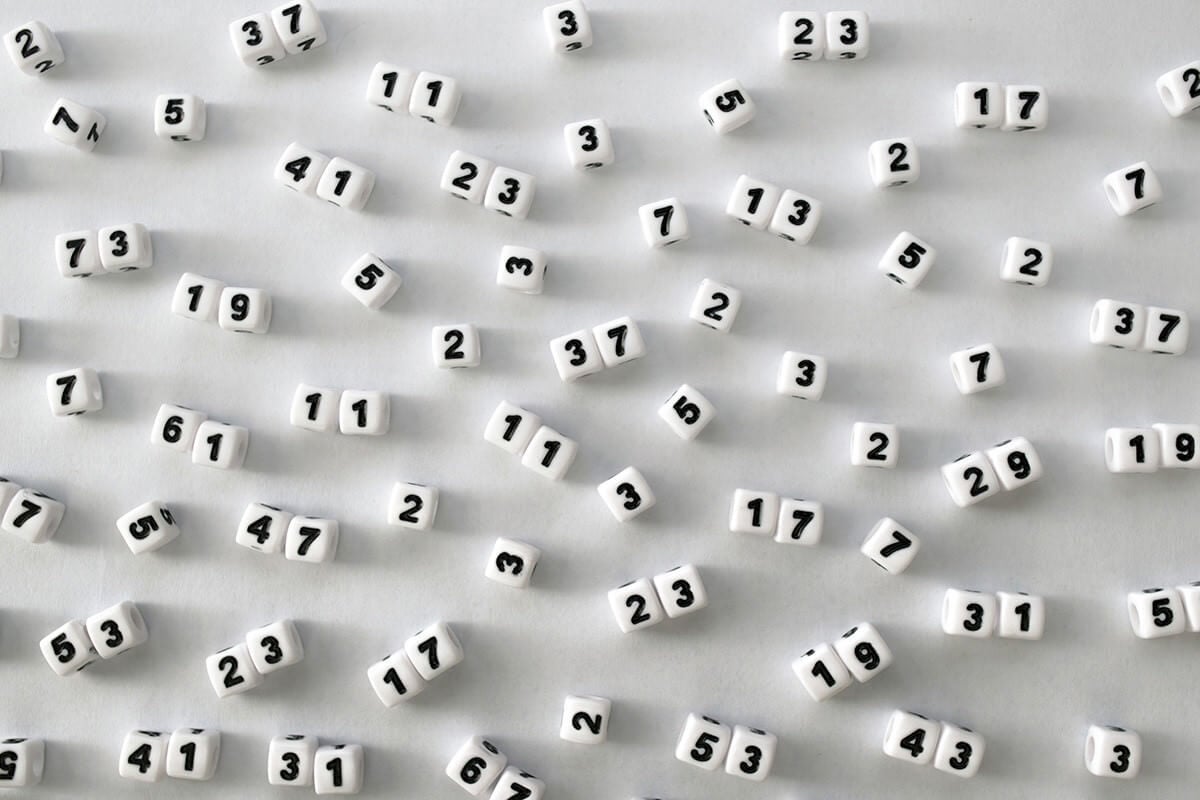- Get link
- X
- Other Apps

Simple numbers are more than numbers that are divided into themselves and into one. This is a mathematical mystery that mathematicians have been trying to solve since Euclid proved that they have no end. The Great Internet Mersenne Prime Search project, which is faced with the task of searching for a large number of prime numbers of a particularly rare species, recently discovered the largest prime number known to date. In it, 23,249,425 digits is enough to fill a book of 9,000 pages. For comparison: the number of atoms in the entire observable universe is estimated as a number with not more than a hundred signs.
A new number, which is recorded as 2⁷⁷²³²⁹¹⁷-1 (two in 77,232,917 degree minus one), was discovered by a volunteer who devoted 14 years of computing time to this search.
Perhaps it will surprise you, why do we need to know a number that stretches for 23 million characters? After all, the most important numbers for us are those that we use to quantify our world? So, yes not so. We need to know about the properties of different numbers in order not only to develop the technologies that we depend on, but also to preserve their safety.
Security of prime numbers
One of the most common applications of prime numbers is the RSA encryption system. In 1978, Ronald Rivesti, Adi Shamir and Leonard Adleman took as their basis the simplest known facts about numbers and created the RSA. The system developed by them allowed to transmit information in an encrypted form - like a credit card number - and via the Internet.
The first ingredient in the algorithm was two large prime numbers. The more these numbers, the more secure the encryption. The numbers that are used for counting, one, two, three, four, and so on - also known as natural numbers - are also extremely useful for this process. But prime numbers underlie all natural numbers and are therefore more important.
Take, for example, the number 70. It is divided into 2 and 35. Next, 35 is the product of 5 and 7. 70 is the product of three smaller numbers: 2, 5 and 7. This is all because they are no longer broken. We found the primary components making up 70, implemented its factorization.
The multiplication of two numbers, even very large ones, is a tedious but simple task. Factoring an integer, on the other hand, is difficult, so the RSA system takes advantage of this.
Let's say Alice and Bob want to chat secretly on the Internet. They need an encryption system. If they first meet in person, they can specify the method of encryption and decryption that will be known only to them, but if the first conversation takes place online, they will first have to openly discuss the encryption system - and this is a risk.
However, if Alice chooses two large numbers, calculates their product and reports it openly, it will be very difficult to determine the initial prime numbers, because only she knows the factors.
Therefore, Alice reports her work to Bob, keeping the factors secret. Bob uses the work to encrypt his message to Alice, which can only be deciphered by means of factors known to her. If Eve wants to overhear, she will never be able to decipher Bob's message, if it does not get Alice's factors, and Alice, of course, will be against it. If Eve tries to decompose the work - even with the fastest supercomputer - it will not work. Simply, there is no such algorithm that would cope with this task during the lifetime of the universe.
In the search for simple
Large prime numbers are also used in other cryptosystems. The faster the computers, the more numbers they can crack. For modern applications, simple numbers containing hundreds of digits are enough. These numbers are insignificant in comparison with the recently discovered giant. In fact, the new prime number is so large that at the present time no possible technological progress in the speed of computation can lead to the need to use it for cryptographic security. It is likely that even the risks caused by the advent of quantum computers, will not require the use of such monsters for safety.
Nevertheless, not the search for safer cryptosystems and non-improving computers became the reason for Mersenne's latest discovery. These mathematicians are obsessed with searching for jewelry inside a chest with the inscription "prime numbers". This thirst began with the account of "one, two, three ..." and still leads us further. And the fact that at the same time there was a revolution in the Internet, it's an accident.
The famous British mathematician Godfrey Harold Hardy said: "Pure mathematics as a whole is much more useful than it is applied. The technique makes it useful, and mathematical technique is learned for the most part from pure mathematics. " Whether giant prime numbers become useful, incomprehensible. But the search for such knowledge quenches the intellectual thirst of the human race, which began with the Euclidean proof of the infinity of prime numbers.
The article is based on materials .
- Get link
- X
- Other Apps
Comments
Post a Comment